Chairman of the National Sports Commission, Shehu Dikko, stressed that no country in Africa has as many stadiums as Nigeria, while calling on state governments’ partnership in revitalizing sports venues across the country.
Despite the number of stadiums spread across Nigeria, Shehu Dikko confirmed that only one stadium in the country has the approval to host international matches, and Nigeria could be forced to host home games abroad if the stadium (Godswill Akpabio International Stadium in Uyo, Akwa Ibom State) becomes unavailable.
Dikko stated this during a radio program hosted by former Nigerian international Segun Odegbami on Eagle 7 Sports Radio 103.7 FM.
The sports commission chairman said: “There is only one stadium in Nigeria that currently meets international standards to host top-tier competitions. If, for any reason, it becomes unavailable, Nigeria would have to play international matches abroad.
“Yet, no country in Africa has as many stadiums as we do. They are spread across the country but are either abandoned or poorly maintained.”
Dikko highlighted that the increasing reliance on synthetic pitches has hindered the progress of athlete development, as quality surfaces are essential for cultivating talent.
He described his commission’s initiative to revitalize sports infrastructure as a three-pronged strategy: “Reset, Refocus, and Reload.” The ‘Refocus’ aspect aims to ensure intentional and deliberate improvements, with plans to enhance the sports budget and start the project at Abuja Stadium.
To aid this effort, the government has partnered with international stadium experts who have extensive experience with prominent facilities such as the San Siro, Juventus Stadium, and Real Madrid’s ground.
This team is expected to arrive in Nigeria by May 12 to evaluate existing stadiums and develop a practical plan based on available resources.
Dikko emphasized the importance of learning from successful maintenance practices at top venues worldwide. “We are keen on collaborating with global experts and local talents to rehabilitate our sports infrastructure, focusing initially on pitch quality,” he stated.
The goal is to establish at least one international-standard stadium in each of Nigeria’s six geopolitical zones, after which the focus will shift to smaller venues and partnerships with the private sector for functional pitches in schools and communities.
Additionally, Dikko addressed the influence of foreign football, noting the need for public officials to balance their admiration for international clubs with support for local teams.
He said, “Supporting a foreign club is fine in private, but promoting it as a public official—especially while neglecting local teams—undermines our growth. I used to follow Manchester United, but I gave it up. I remember in 2008 when we brought them to play in Abuja, we raised over £2–3 million for that match. They played and left. Then I asked myself, what did we gain? That was a turning point.”
“From then on, I promoted domestic football. As league chairman, I even introduced penalties for officials wearing foreign jerseys. Supporting global football is fine, but we must never elevate it above our domestic programmes.”

 3 hours ago
1
3 hours ago
1




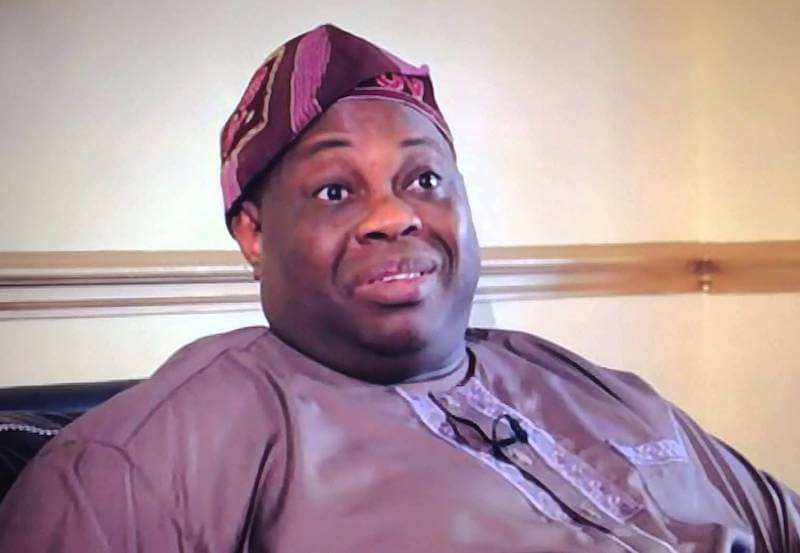
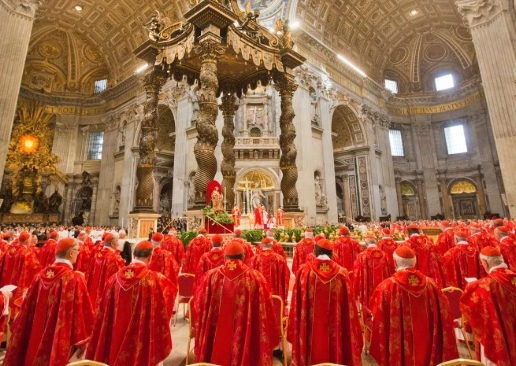
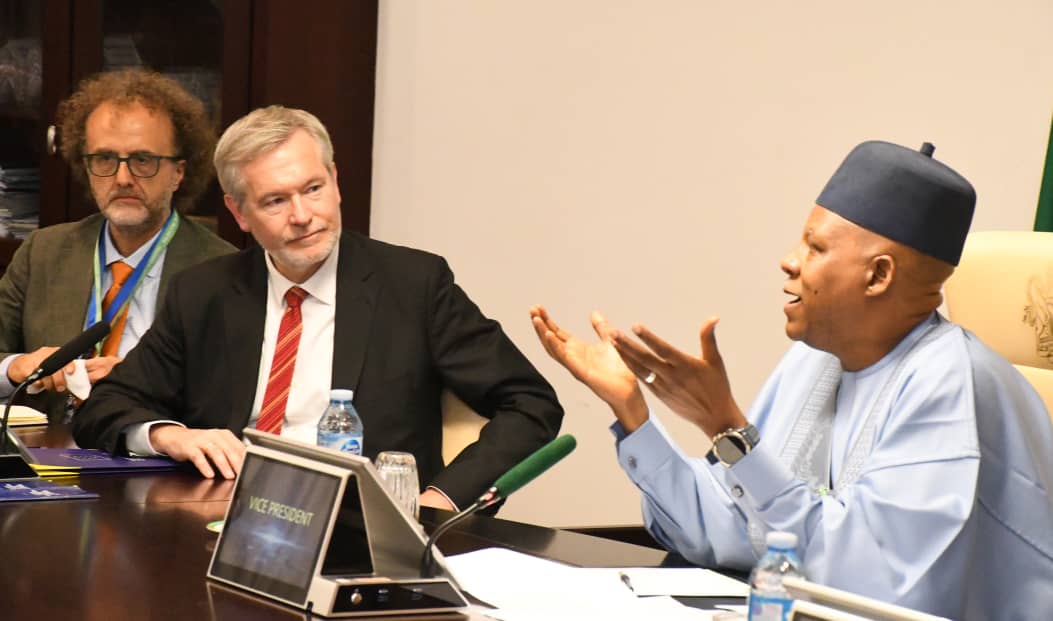

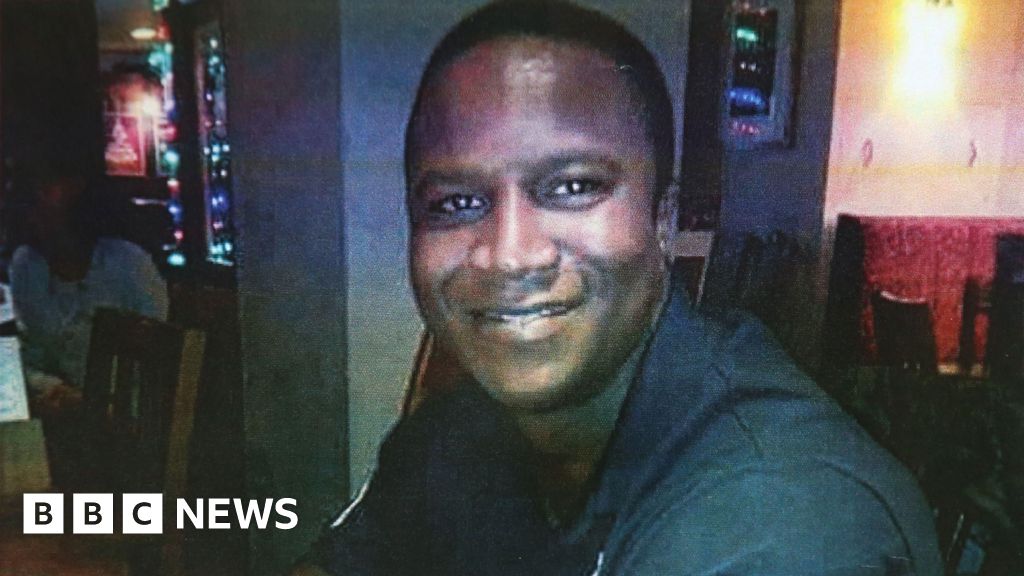
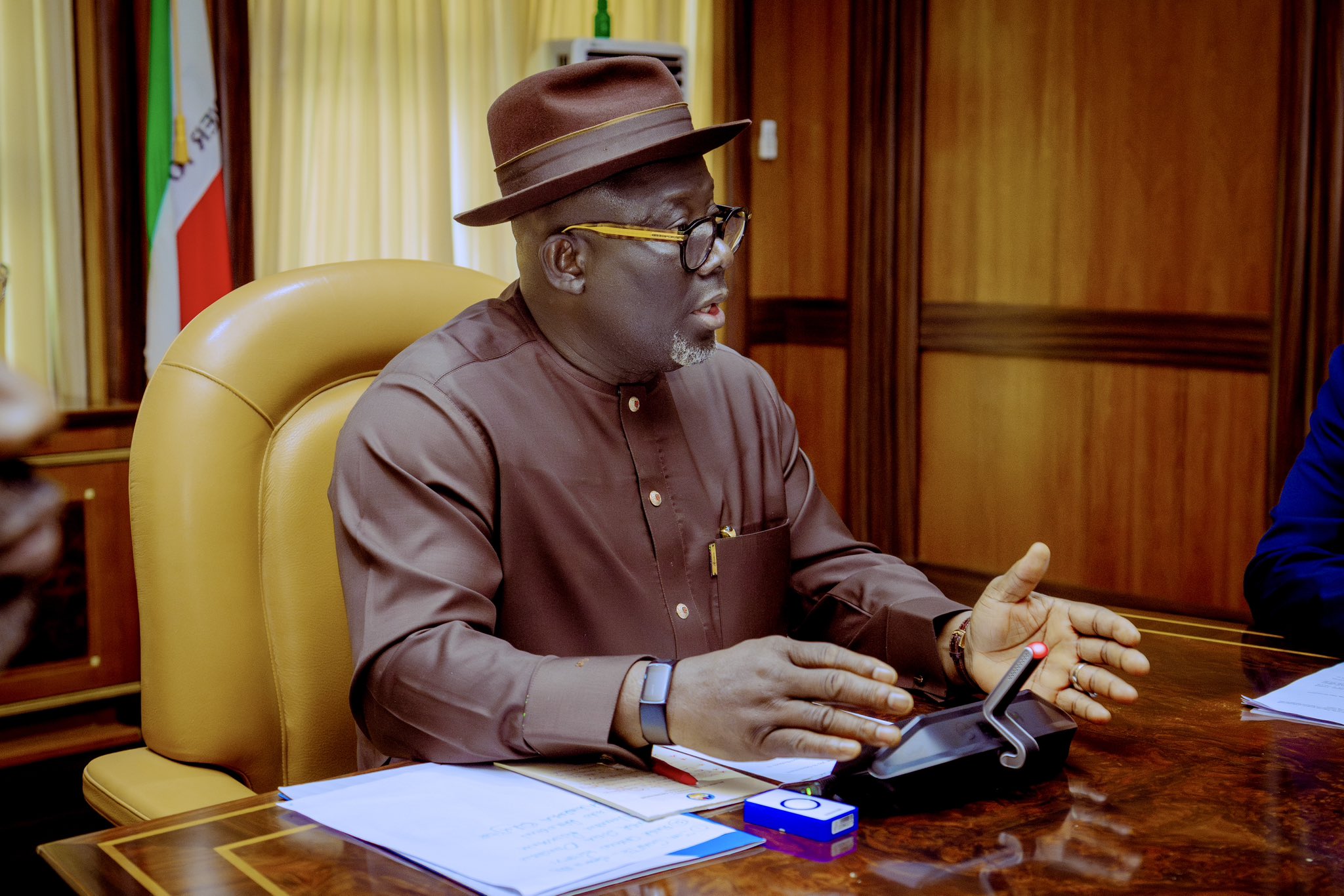





 English (US) ·
English (US) ·